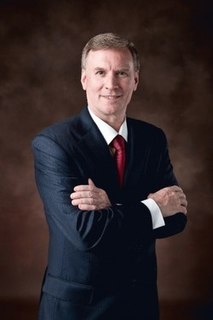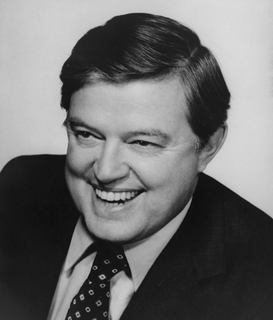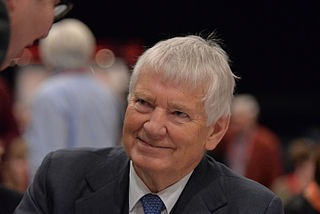A Quote by Neal Ascherson
Who should regulate the media? Who should control the press? The commentariat agonises, as if the choice was between state control through some autocratic press law or a new Press Complaints Commission redecorated with false teeth. But there is another way. Let journalists regulate themselves.... Let's have a little democracy in the media. Even in the Murdoch papers, the number of journalists who are irretrievably lawless and callous is quite small. Most of the disasters at the News of the World happened because its editors treated their staff in the style of Muammar Gaddafi.
Quote Topics
Another
Another Way
Autocratic
Because
Between
Callous
Choice
Commission
Complaints
Control
Democracy
Disasters
Editors
Even
False
Gaddafi
Happened
Journalists
Law
Lawless
Little
Media
Most
Muammar Gaddafi
New
News
Number
Papers
Press
Quite
Regulate
Should
Small
Some
Staff
State
Style
Teeth
Themselves
Through
Treated
Way
World
Related Quotes
To find something comparable, you have to go back 500 years to the printing press, the birth of mass media – which, incidentally, is what really destroyed the old world of kings and aristocracies. Technology is shifting power away from the editors, the publishers, the establishment, the media elite. Now it’s the people who are taking control.
I don't think the rhetoric toward President Trump from media sources or media commentators is any worse than what Franklin Roosevelt got from a conservative press in another era. And Roosevelt was, you know, not as blunt as Trump about the press, but, you know, there was an ideological press back then, when we had multiple newspapers in town.
I used to get great press. I get the worst press. I get such dishonest reporting with the media. I've never had anything like it before. It happened during the primaries, and I said, you know, when I won, I said, "Well the one thing good is now I'll get good press." And it got worse. So that was one thing that a little bit of a surprise to me. I thought the press would become better, and it actually, in my opinion, got more nasty.
Journalists go to press briefings at the Ministry of Defense in London or the Pentagon in Washington, and no critical questions are posed at all. It's just a news-gathering operation, and the fact that the news is being given by governments who are waging war doesn't seem to worry many journalists too much.
In examining the CIA's past and present use of the U.S. media, the Committee finds two reasons for concern. The first is the potential, inherent in covert media operations, for manipulating or incidentally misleading the American public. The second is the damage to the credibility and independence of a free press which may be caused by covert relationships with the U.S. journalists and media organizations.
I know that some of the folks in the press are uptight about this [moving the press corps out of the West Wing ], and I understand. What we're - the only thing that's been discussed is whether or not the initial press conferences are going to be in that small press - and for the people listening to this that don't know this, that the press room that people see on TV is very, very tiny. Forty-nine people fit in that press room.
And to me, that is the greatest danger, that people start questioning basic facts and start not understanding the importance of democratic institutions such as the free press. I mean, to call the press the enemy is dangerous and just remarkably bizarre. The press is the only profession protected in the Constitution because of how important the framers viewed the press. But in authoritarian regimes, they control the press. And to me, going down an authoritarian path is the greatest danger that we face as a republic.
My idea was always to start with a small press and then move up to a national press. I had those goals for my career from the time I was a very young woman. I wanted to win a local award, then I wanted a state or national award. Small press, big press. Some women fantasize about their weddings, their husbands, and children. I fantasized about what I wanted to accomplish with my books.































